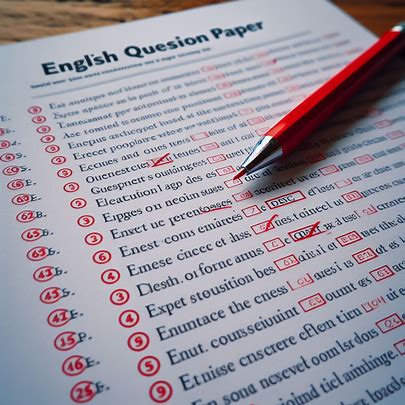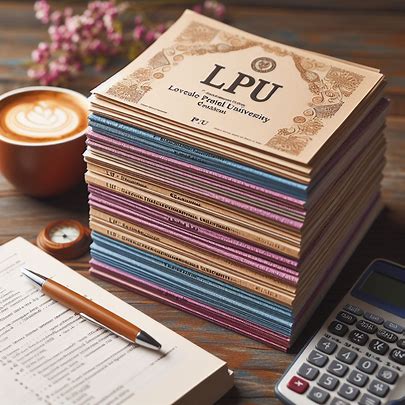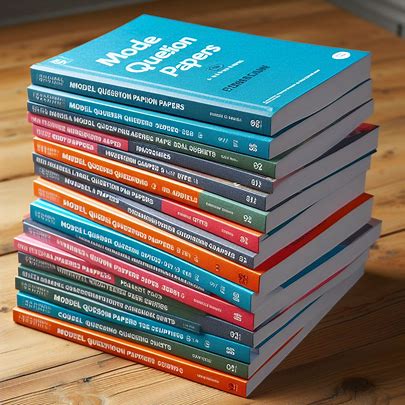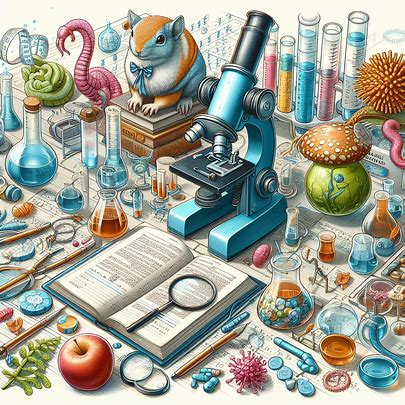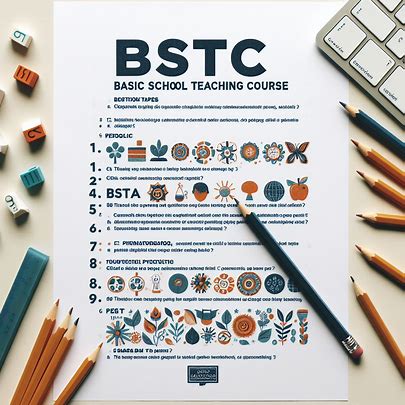Conquering Your Pharm D Studies: A Guide to Effective Notes and Resources
Introduction
Pharm D (Doctor of Pharmacy) is a professional degree program that prepares students to become pharmacists. It covers a wide range of subjects related to pharmaceutical sciences, clinical practice, and patient care. In this blog, we’ll explore the key topics covered in each year of the Pharm D notes program and provide valuable study material.

What are PharmD Notes?
PharmD notes are comprehensive summaries of key concepts covered in your pharmacy school curriculum. They serve as a valuable study tool, helping you:
- Reinforce learning: Organize complex information into concise and digestible formats.
- Prepare for exams: Effectively review crucial topics and identify areas requiring additional focus.
- Develop critical thinking: Analyze and synthesize information to deepen your understanding.
Year-wise Study Material
- First Year:
- Human Anatomy and Physiology: Understand the structure and function of the human body.
- Pharmaceutics: Learn about dosage forms, drug delivery systems, and formulation techniques.
- Medicinal Biochemistry: Explore the biochemical basis of drug action.
- Pharmaceutical Inorganic Chemistry: Study inorganic compounds used in pharmacy.
- Second Year:
- Pathophysiology: Delve into the mechanisms of disease.
- Microbiology: Understand microbial infections and their treatment.
- Pharmacognosy and Phytopharmaceuticals: Explore natural products and herbal medicines.
- General Pharmacology: Learn about drug actions and interactions.
- Community Pharmacy: Focus on community-based healthcare services.
- Third Year:
- Pharmacology-II: Dive deeper into drug mechanisms and therapeutic applications.
- Pharmaceutical Analysis: Master analytical techniques for drug quality assessment.
- Pharmacotherapeutics II: Understand the clinical use of drugs.
- Pharmaceutical Jurisprudence: Learn about legal aspects of pharmacy practice.
- Medicinal Chemistry: Explore the design and synthesis of drugs.
- Pharmaceutical Formulations: Study various drug formulations.
- Fourth Year:
- Pharmacotherapeutics-III: Focus on advanced clinical therapeutics.
- Hospital Pharmacy: Understand hospital-based pharmaceutical services.
- Clinical Pharmacy: Learn about patient counseling and medication management.
- Biostatistics & Research Methodology: Explore research techniques.
- Biopharmaceutics & Pharmacokinetics: Study drug absorption, distribution, metabolism, and excretion.
- Clinical Toxicology: Understand drug toxicity and management.
- Fifth Year:
- Clinical Research: Explore clinical trials and research studies.
- Pharmacoepidemiology and Pharmacoeconomics: Understand drug utilization and cost-effectiveness.
- Clinical Pharmacokinetics & Pharmacotherapeutic Drug Monitoring: Focus on personalized medicine and drug monitoring
Why Effective Notes Matter in PharmD
PharmD programs cover a vast array of topics, from medicinal chemistry and pharmacology to disease states and patient counseling. Effective notes help you:
- Organize Information: Lectures, textbooks, and research papers can overwhelm you with information. Clear notes help categorize and structure this knowledge, making it easier to revisit key points later.
- Enhance Understanding: Transcribing information from lectures forces you to actively engage with the material, fostering a deeper comprehension of complex concepts.
- Prepare for Exams: Organized notes allow for efficient review sessions. They act as a quick reference guide for recalling important details and preparing for exams with confidence.
- Develop Critical Thinking Skills: The process of note-taking encourages you to synthesize information, identify key concepts, and draw connections between different topics, fostering critical thinking skills essential for future practice.
Crafting Effective PharmD Notes
There’s no one-size-fits-all approach to note-taking. However, several techniques can help you create efficient and informative PharmD notes:
- Active Learning Strategies: Go beyond passive listening in lectures. Underline key points, jot down questions, and rewrite information in your own words. Consider methods like the Cornell Note-Taking System, which encourages summarizing and reviewing material.
- Visual Aids: Incorporate diagrams, flowcharts, and mind maps to represent complex processes or drug interactions. Visuals enhance recall and make the information more engaging.
- Abbreviations and Symbols: Develop a system of abbreviations or symbols for frequently used terms. This saves time and space, but ensure these abbreviations are clear and consistent.
- Color Coding: Use color-coding to categorize different topics or drug classifications. This can significantly improve the organization and readability of your notes.
Download pharm d notes pdf – click here
Frequently Asked Questions (FAQs)
- What career opportunities are available for PharmD graduates?
- PharmD graduates can work as community pharmacists, hospital pharmacists, clinical researchers, pharmaceutical industry professionals, and more.
- Is PharmD equivalent to MBBS?
- No, PharmD focuses on pharmacy practice, while MBBS is a medical degree.
- Can I pursue a specialization after completing PharmD?
- Yes, you can specialize in areas like clinical pharmacy, pharmacotherapy, or pharmaceutical sciences.
- Are there any online resources for PharmD study material?
- Yes, websites like Pharm-D Notes and PharmD Guru offer comprehensive study material for PharmD students
- Are there any free resources for PharmD notes?
- A: Yes! There are several websites and online communities that offer free PharmD notes. Additionally, some textbook publishers provide access to online study resources, including chapter summaries.
- What format should I use for my PharmD notes?
- A: The best format is the one that works best for you! Experiment with different styles like outlines, mind maps, or bullet points and choose the one that facilitates easy comprehension and review.
- Q: How often should I take notes?
- A: Develop a system that works for your learning style. Some students prefer to take detailed notes during every lecture, while others prefer to focus on key points and supplement them with additional notes later while studying.
- Q: How can I organize my PharmD notes effectively?
- A: Use binders, folders, or digital note-taking applications to categorize your notes by subject, topic, or medication class. Develop a system that allows you to easily find specific information when needed.
Conclusion: Mastering PharmD with Stellar Notes
Developing effective note-taking skills is an invaluable asset throughout your PharmD journey. By employing the strategies and resources outlined in this blog, you can transform PharmD notes from a passive activity into a powerful tool for academic achievement. Remember, consistency and active learning are key to maximizing the benefits of PharmD notes.
So, grab your preferred note-taking tool, embrace the learning process, and embark on your PharmD journey with confidence!


